
Chinese President Xi Jinping (right) and President Vladimir Putin (Photo: Reuters).
The Kremlin announced on March 17 that Chinese President Xi Jinping will visit Russia for three days from March 20-22. According to the announcement, during the visit, Xi Jinping will hold talks with Russian President Vladimir Putin to discuss "aspects of further promoting the comprehensive partnership". In addition, the two leaders are expected to discuss international issues of mutual concern and the two sides will sign many important agreements on this occasion.
Chinese Foreign Ministry spokesman Wang Wenbin also confirmed Xi Jinping's visit to Russia. Wang said the visit would promote the strategic partnership and practical cooperation between Russia and China. According to the Chinese diplomat, Xi will have detailed discussions with Putin on "the most pressing global and regional issues" during his upcoming visit.
The Wall Street Journal also reported earlier this week that Chinese President Xi Jinping may hold a video conference with Ukrainian President Volodymyr Zelensky after his visit to Russia. President Zelensky said he wanted to meet with President Xi Jinping to discuss the situation in Ukraine as well as economic relations between the two countries.
The moves come weeks after China proposed a 12-point peace plan to resolve the conflict in the European country.
China's mediation efforts
China may be trying to bring Russia and Ukraine to the negotiating table after more than a year of conflict, experts say.
China generally adheres to the principle of non-interference in other countries’ conflicts, especially those far from its territory, according to Reuters . But a peace deal reached in Beijing last week between Saudi Arabia and Iran shows that China wants to present itself as a responsible power under the leadership of Xi Jinping.
“Xi Jinping wants to be seen on the international stage as a politician with influence at least equal to that of the US leader,” said Wang Jiangyu, a law professor at the University of Hong Kong.
Analysts say that mediation efforts are a low-cost move that could bring many benefits to China, although a quick breakthrough in the current conflict is unlikely.
China called on both sides to agree to a gradual de-escalation that would lead to a comprehensive ceasefire in its 12-point plan for a “political solution to the Ukraine crisis.” China’s plan calls for protecting civilians and respecting the sovereignty of all nations, but Beijing refrained from criticizing Russia for its military campaign.
The Chinese plan has been welcomed by both Russia and Ukraine, while the US and NATO have been skeptical. The Kremlin spokesman said the details of the peace plan proposed by China need to be carefully analyzed, taking into account the interests of both sides, and that this would be a "long and stressful process".
The US says China publicly presents itself as a neutral and peace-seeking party, but is considering supplying weapons to Russia. Beijing has denied the accusation. Meanwhile, NATO says China has little credibility as a mediator on the Ukraine issue.
Analysts say China will find it harder to convince Russia and Ukraine to sit at the negotiating table than Saudi Arabia and Iran, which may have an easier time achieving diplomatic victories.
“Saudi Arabia and Iran really want to talk and improve relations, while Russia and Ukraine don’t, at least for now,” said Yun Sun, director of the China Program at the Washington-based Stimson Center.
However, according to Yun, President Xi Jinping could act as an intermediary channel to start promoting negotiations between Russia and Ukraine. Türkiye, a NATO member, hosted Russia-Ukraine dialogue last year but failed, showing the difficulties in resolving the crisis in the European country.
Some analysts say China is in a better position to mediate than Türkiye because Beijing has more leverage over Russia. China is Russia's top ally, buys Russian oil and provides a market for Russian goods while Western countries turn away from Beijing.
China also has some leverage over Ukraine, as Kiev does not want to lose the opportunity to receive Chinese assistance in rebuilding the country, according to Samuel Ramani, a Russia expert at Oxford University. China expanded trade with Ukraine after Russia annexed Crimea in 2014.
China's close ties with Russia mean Beijing's role is viewed with suspicion in the West. Days before Russia launched its military campaign in Ukraine, China and Russia announced an "unlimited" partnership.
Andrew Small, a senior fellow at the German Marshall Fund, said China wants to be seen as a contributor to peace, but is not willing to pressure Russia to end the conflict and sacrifice its relationship with Moscow.
Source


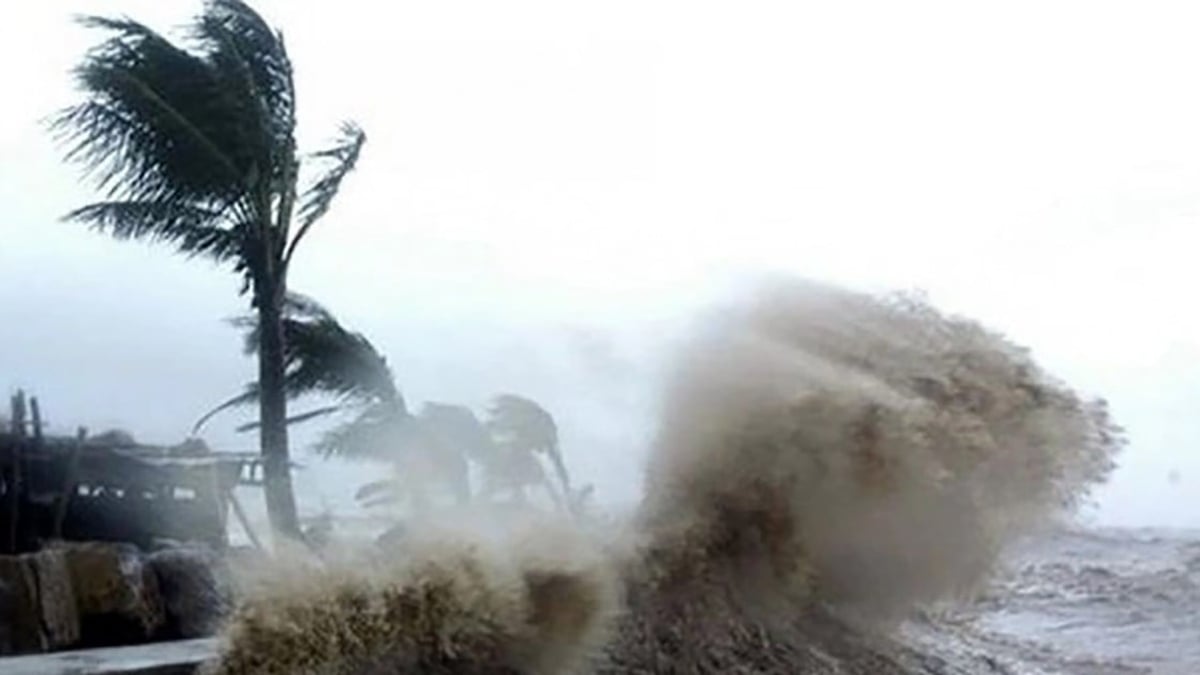

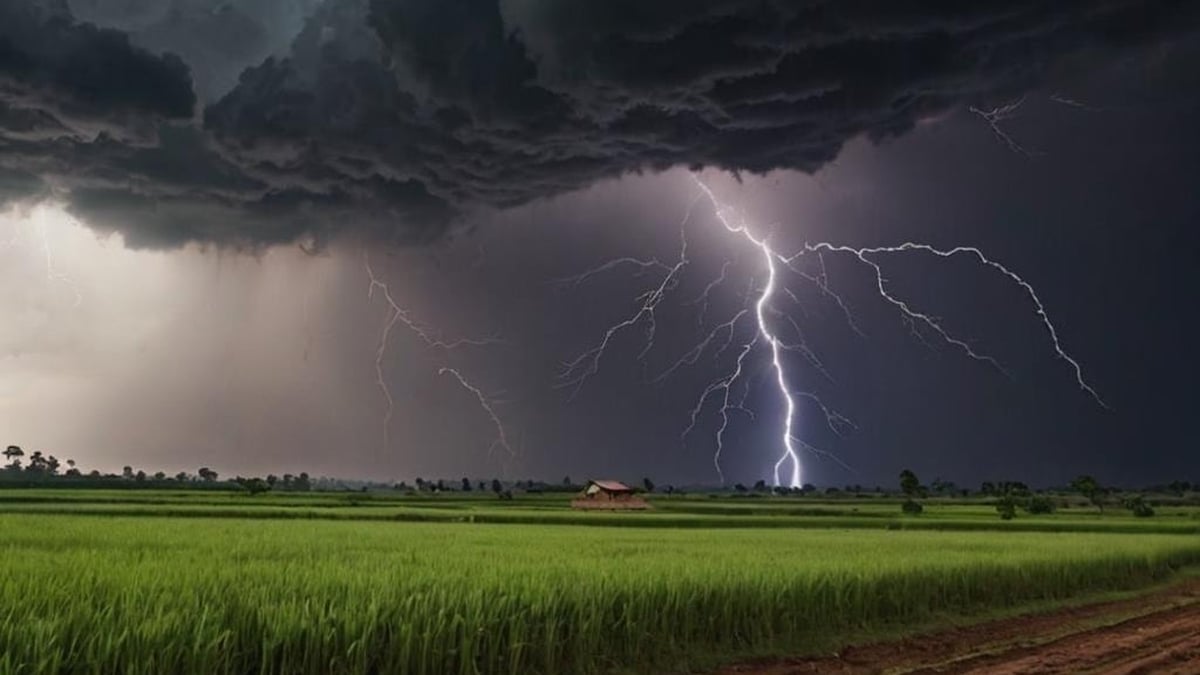
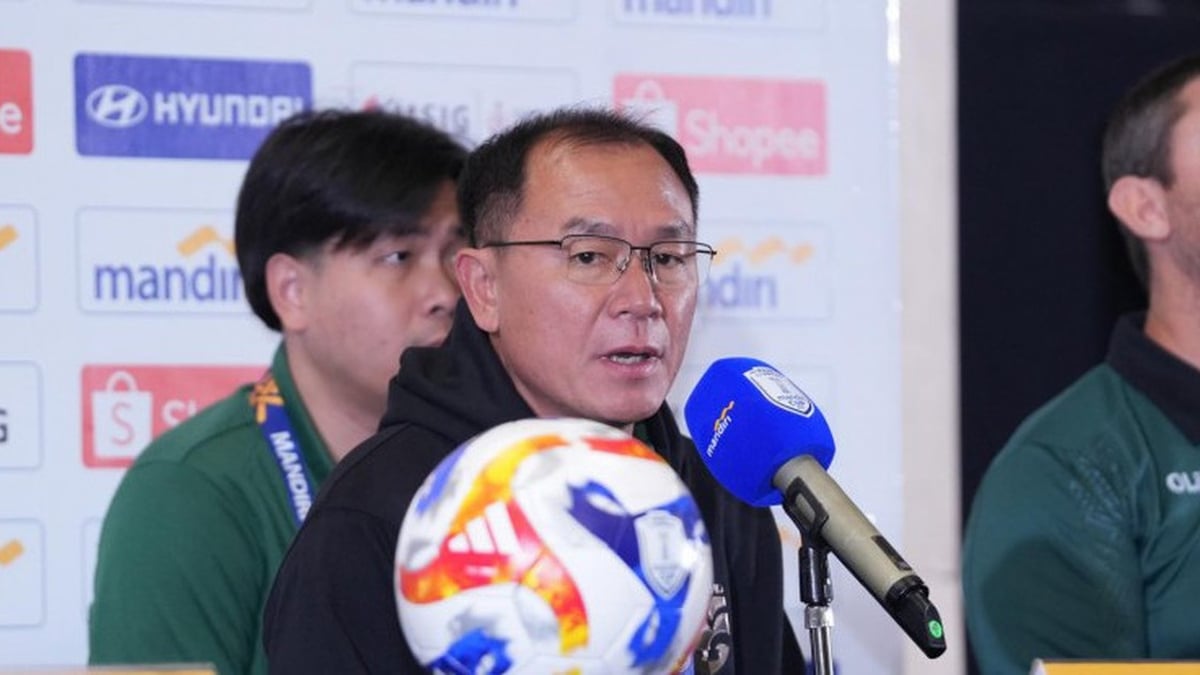
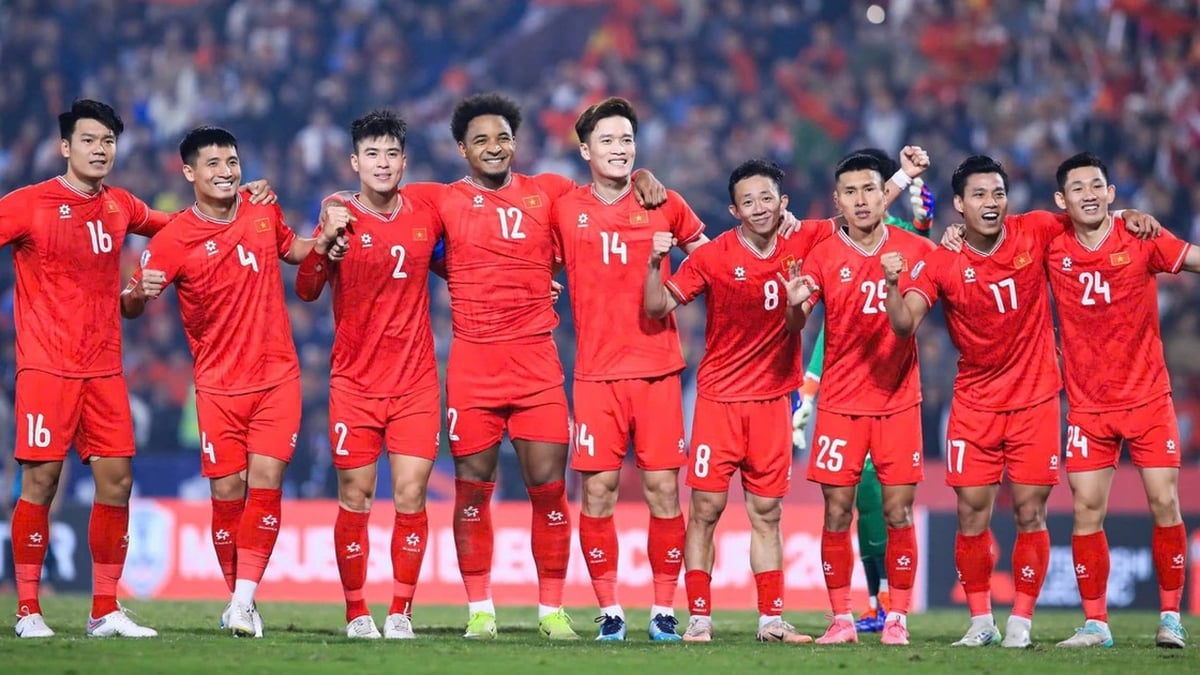
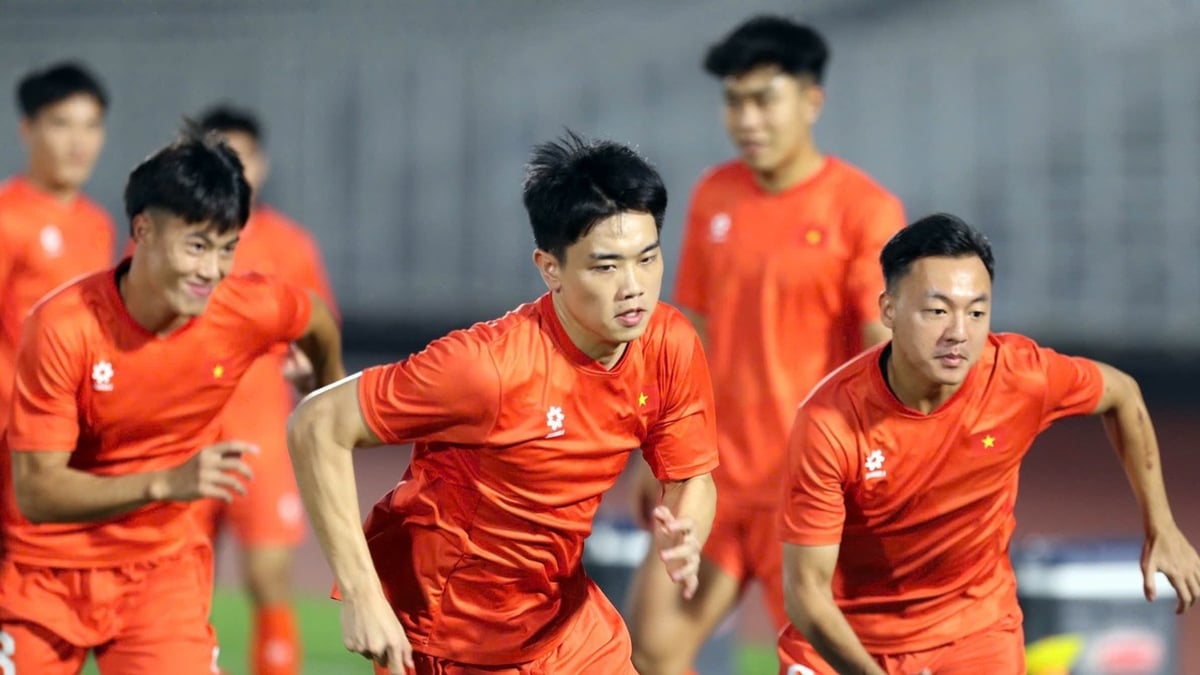
![[Video] More than 100 universities announce tuition fees for the 2025–2026 academic year](https://vphoto.vietnam.vn/thumb/1200x675/vietnam/resource/IMAGE/2025/7/18/7eacdc721552429494cf919b3a65b42e)




















































































![[Infographic] In 2025, 47 products will achieve national OCOP](https://vphoto.vietnam.vn/thumb/402x226/vietnam/resource/IMAGE/2025/7/16/5d672398b0744db3ab920e05db8e5b7d)





Comment (0)